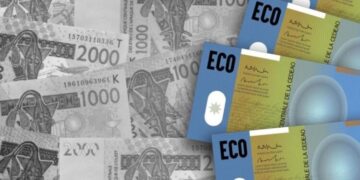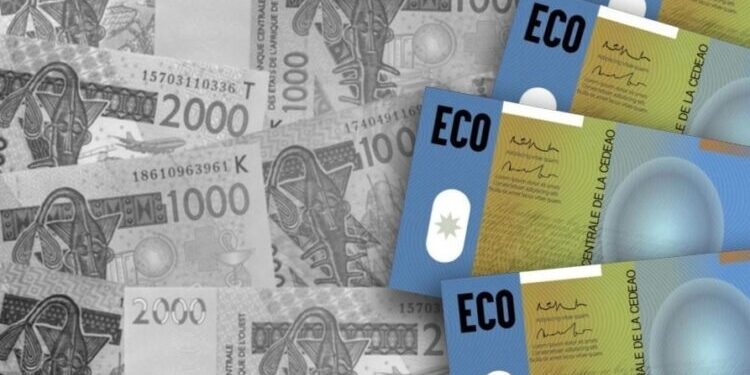ECOWAS has reaffirmed plans to introduce the ECO, its long-anticipated single currency, by 2027. The announcement followed high-level discussions during the 65th and 66th Ordinary Sessions of the ECOWAS Authority of Heads of State and Government, which concluded in Abuja on Sunday.
Initially planned for 2020, the currency’s rollout faced setbacks due to the global disruptions of the COVID-19 pandemic. With a renewed focus, ECOWAS is moving forward to finalise groundwork, aiming to unlock the economic and trade potential of its 15 member nations.
A post-session communiqué highlighted that leaders have approved a framework by the High-Level Committee to determine which countries will be part of the ECO’s first implementation phase. They instructed the ECOWAS Commission, alongside the West African Monetary Agency (WAMA), to incorporate these parameters into the broader ECOWAS Monetary Union Agreement.
Funding arrangements and institutional reforms were also on the agenda, with central banks urged to contribute financially towards operationalising key systems. Leaders stressed the importance of adhering to deadlines to ensure that all necessary institutions are in place ahead of the proposed launch.
Technical and financial partners are expected to play a pivotal role as ECOWAS intensifies efforts to meet its targets. Leaders emphasised collaboration as critical to achieving the shared goal of regional integration.
On a broader front, ECOWAS underscored the importance of agricultural reforms to support the region’s economic stability. Member states were tasked with accelerating programmes such as the Regional Rice Self-Sufficiency Initiative (2025–2035), the Development of Livestock Farming, and the domestication of the Comprehensive African Agriculture Development Programme (CAADP) Action Plan (2026–2035).
The introduction of the ECO aims to simplify trade by reducing transaction costs and removing the challenges of dealing with multiple currencies. The transition may include an interim phase where existing national currencies and the ECO circulate together, with countries gradually pegging their currencies to the new system within designated ECO zones.


































